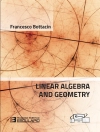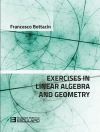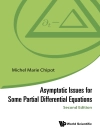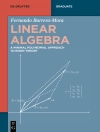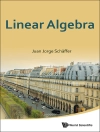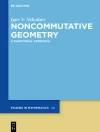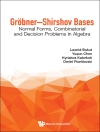In ‘Philosophy and Fun of Algebra, ‘ Mary Everest Boole presents a captivating exploration of algebraic concepts, intertwining philosophical reflections with pedagogical insights. Her writing embodies a unique blend of erudition and playfulness, as she demystifies mathematical ideas for both young learners and seasoned scholars. Set against the backdrop of the late 19th-century educational reforms, Boole advocates for an engaging approach to mathematics, emphasizing the inherent beauty of algebraic thinking and its applicability in real-world contexts. She employs vivid illustrations and thought experiments, skillfully guiding readers through the intricacies of algebra while maintaining an accessible style that invites curiosity and imagination. Mary Everest Boole, an influential educator and the wife of the mathematician George Boole, was a pioneering figure in advancing mathematics education. Her commitment to teaching and understanding mathematical principles stemmed from her own experiences, as well as her desire to promote critical thinking among her students. Boole’s deep interest in the interplay between mathematics and philosophy is evident throughout the text, providing a rich intellectual landscape that informs her pedagogical approach. For those seeking to deepen their appreciation of mathematics or nurture a love for algebra in their students, ‘Philosophy and Fun of Algebra’ is a must-read. Boole’s invigorating prose not only emboldens the reader to embrace algebra but also fosters a sense of wonder about the subject. This book serves as both an educational resource and a philosophical treatise, making it essential for educators, students, and anyone passionate about the joys of mathematics.
Mengenai Pengarang
Mary Everest Boole (1832-1916) was a self-taught mathematician and educator, esteemed for her contributions to pedagogical methods and her pioneering work on mathematical education for children. Born in England, she was the niece of the famed mathematician George Everest, after whom Mount Everest is named, and married to George Boole, the founder of Boolean logic. After her husband’s untimely death, Mary delved deeper into educational studies and methodologies. Her book ‘Philosophy and Fun of Algebra’ (1909) is an illustrative example of her approach to making complex subjects accessible and engaging for young minds. In it, she intertwines storytelling with mathematical concepts, aiming to stimulate curiosity and philosophical thinking rather than rote learning. Boole’s literary style in this work reflects her broader pedagogic philosophy, characterized by an emphasis on the interconnectedness of subjects and the importance of intuition in the learning process. She believed in fostering a natural affinity for mathematics in children through playful exploration and concrete experiences, which challenged the prevailing educational norms of her time. Mary’s legacy encompasses not just her written works but also her profound influence on progressive education and her advocacy for a more holistic and human-centered approach to learning mathematics and logic.





